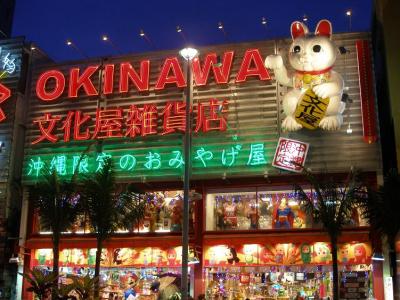One keyword that’s big in Japan these days is チャイナリスク (“China Risk”), which describes the many potential problems that countries and companies face when dealing with China in the 21st century. Seen from Japan, the list is very long indeed, including environmental problems, rapidly rising labor costs, manufacturing quality issues (there’ve been several food-related scares here), legal issues like international companies losing the rights to their own names because of local trademark squatters, and the huge problem with counterfeits (Asia is awash with fake Yamaha and Honda motorcycles, for example). The biggest problem Japan has faced so far was last year, when the government purchased the disputed Senkaku Islands (known as the Daiyou Islands in China) from their private Japanese owners, ostensibly to keep nationalists from both sides from landing on the islands and inflaming the situation. The plan backfired and Chinese rioted, in orderly government-sponsored demonstrations (in Beijing) and open violence elsewhere. (They also destroyed a “Japanese” Samsung factory, since Korean companies pretend to be Japanese to improve the worldwide image of their products.) An interesting drama called Made In Japan recently captured the frustration Japanese feel over China, telling the story of a struggling Japanese electronics manufacturer who halts a dedicated engineer’s lithium-ion battery manufacturing project, only to see him move to China and complete the project with a Chinese manufacturer.

Balancing “China Risk” is a challenge.















